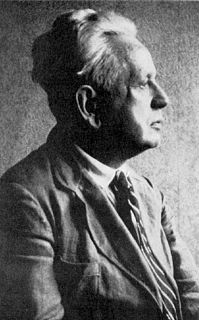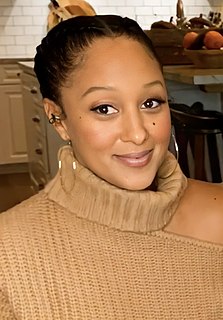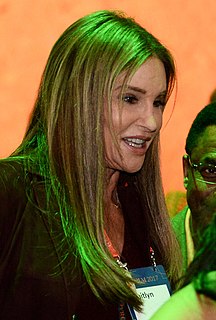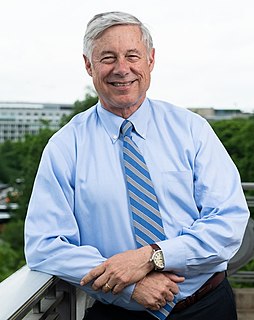A Quote by Franz Boas
We all know scientists who in private life do not come up to the standard of truthfulness, but who, nevertheless, would not consciously falsify the results of their researches.
Quote Topics
Related Quotes
Politicians, real-estate agents, used-car salesmen, and advertising copy-writers are expected to stretch facts in self-serving directions, but scientists who falsify their results are regarded by their peers as committing an inexcusable crime. Yet the sad fact is that the history of science swarms with cases of outright fakery and instances of scientists who unconsciously distorted their work by seeing it through lenses of passionately held beliefs.
Man is always inclined to regard the small circle in which he lives as the center of the world and to make his particular, private life the standard of the universe and to make his particular, private life the standard of the universe. But he must give up this vain pretense, this petty provincial way of thinking and judging.
If a mathematician wishes to disparage the work of one of his colleagues, say, A, the most effective method he finds for doing this is to ask where the results can be applied. The hard pressed man, with his back against the wall, finally unearths the researches of another mathematician B as the locus of the application of his own results. If next B is plagued with a similar question, he will refer to another mathematician C. After a few steps of this kind we find ourselves referred back to the researches of A, and in this way the chain closes.
I'm not sure [Donald] Trump has had that distinction between private and public life in his head. And so, I think there's likely to be an erosion of just that standard, that different standard, consciousness, and I think it's likely we'll see what we haven't seen in the last eight years and even the last 12 or 16 of private enrichment in office and scandals where people have to resign and things like that, because just once the standards go, behavior tends to go.
The fact that scientists do not consciously practice a formal methodology is very poor evidence that no such methodology exists. It could be said-has been said-that there is a distinctive methodology of science which scientists practice unwittingly, like the chap in Moliere who found that all his life, unknowingly, he had been speaking prose.
Our work on light bulbs wasn't an arbitrary mandate. We didn't just pick a standard out of the air, or look for a catchy sounding standard like 25 by 2025 not based in science or feasibility. Instead, we worked with both industry and environmental groups to come up with a standard that made sense and was doable.
Clark, what in your honest opinion is the right standard for determining conduct? Is the only right standard for everyone, the probable action of Jesus Christ? Would you say that the highest, best law for a man to live by was contained in asking the question 'What would Jesus do?' And then doing it regardless of results? In other words, do you think men everywhere ought to follow Jesus' example as closely as they can in their daily lives?




































